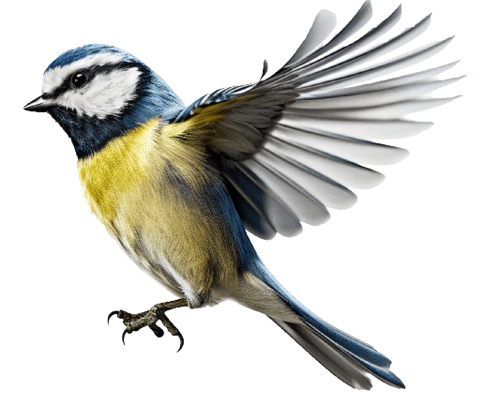If you have a bird feeder you’ve likely observed these little creatures scurrying beneath the feeder collecting seeds and nuts. In today’s blog I thought I’d share some interesting facts about chipmunks.

Mr. Wrinkles 
- A group of chipmunks is called a scurry.
- There are 25 species of chipmunks. Twenty-four of them reside throughout North America from Canada down to Mexico. The Siberian chipmunk habitats range from northwestern Russia to Japan, China and Siberia.
- A female chipmunk is called a doe, and the male is called a buck.
- Chipmunks have 2 litters each year. Two to eight chipmunks are born in each litter.
- Baby chipmunks are born hairless and blind. They are called kits, kittens, or pups.
- Babies live with their parents for two months before going out on their own.
- Chipmunks live a solitary life and are very defensive of their territory. You may have noticed this as they chase each other through your yard.
- Chipmunks live in burrows that can be as long as 20 feet. They keep their burrows very clean and have a separate bathroom area away from where they sleep and store food.
- Chipmunks are part of the Sciuiridae family which also includes squirrels, woodchucks and prairie dogs.
- Chipmunks generally live 3 years in the wild and up to 9 years in captivity.
- Chipmunks in captivity require 15 hours of sleep each day.
- Predators include owls, snakes, hawks, rats, weasels, coyotes, bobcats, raccoons, herons, foxes and domestic cats.
- Chipmunks are active in the mornings and late afternoons. They will nap before their afternoon forage for food.
- Their diet consists of seeds, nuts, grass, different types of plants, fungi, small frogs, birds eggs and worms.
- Chipmunks made a chirping sound similar to a bird chirping, chip-chip. They will also make a cluck-cluck sound if they see flying predators.
I hope these fun facts give you a greater understanding of chipmunks. I’ve included a couple of pictures of my friendly little guy, he always enjoys his photo opps.
Enjoy Nature!
Jane Paradis
Brand Ambassador





